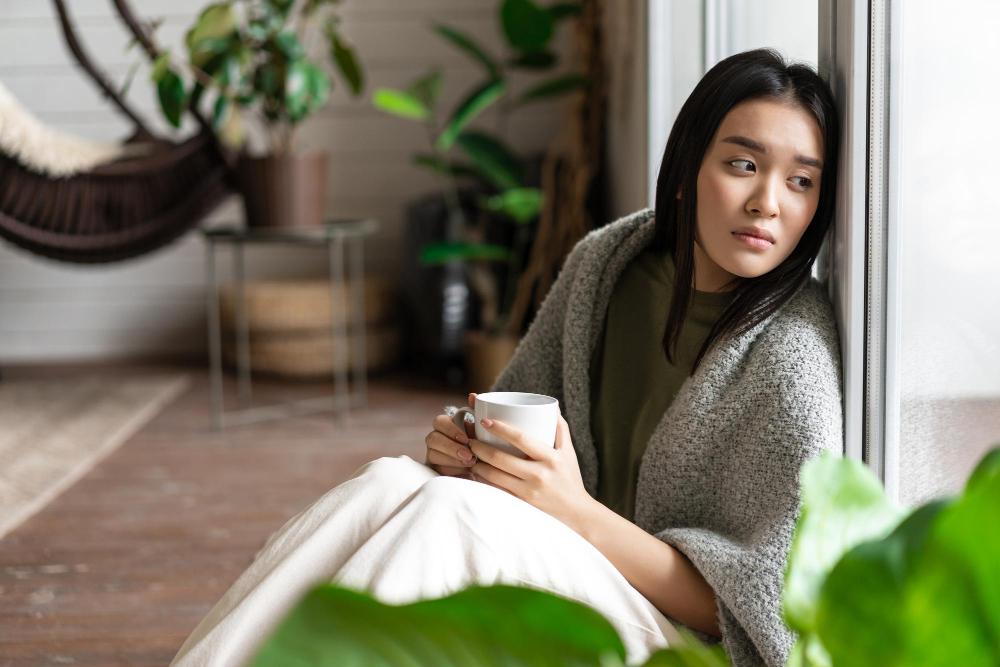Kava Tea vs. Other Herbal Teas: Comparing Anxiety-Relieving Properties

For many of us, life can sometimes feel overwhelming, causing worry and anxiousness to creep in. When that happens, having the tools necessary to help deal with and regulate those feelings is crucial. While there are many ways to help cope—from therapy and medication to lifestyle shifts and ancient spiritual practices—one natural approach is incorporating herbal tea into your life.
Many herbal teas have anxiety-relieving properties that can create a sense of peace and calm. Let’s take a look at kava tea compared with other herbal teas to see how they can support you.
What is kava tea?
Kava has been used for over 3,000 years in the South Pacific Islands—where it’s natively grown—to promote feelings of inner peace and happiness. Though the kava drink is often referred to as kava tea, no tea leaves are actually involved. The roots of the plant are ground up to make the beverage, and it’s typically enjoyed as a last drink of the evening or used ceremonially within the South Pacific culture.
Other anxiety-relieving herbal teas
In addition to kava, some other herbal teas also offer calming effects. Chamomile is one of the most common teas used for its soothing effects. Chamomile tea has been shown to decrease symptoms of general anxiety disorder and improve blood pressure.
Passionflower has sedative properties that help support better sleep. Studies also show that the use of passionflower had positive effects on feelings of anxiety and restlessness.
If you’ve ever had a massage, you’ve likely experienced the calming effects of lavender essential oil. Lavender tea has many of the same qualities that help foster relaxation. This particular tea has been shown to help reduce symptoms of anxiety and depression among elderly people.
Studies also show that valerian root can be used to improve sleep quality and lessen the symptoms of anxiety.
What sets kava tea apart?
Kava is made up of six main lactones—the unique combination of these lactones determines the effects of the kava. Some varieties offer feelings of happiness and creativity, while others promote feelings of relaxation and euphoria. These anxiety-relieving properties can be beneficial for calming the mind, relaxing the body, and promoting deeper sleep.
Unlike some herbal teas, kava doesn’t contain any caffeine, so it won’t have a jittery, restless effect on your mind and body, nor will it keep you awake all night. Because it does have sedative properties, it’s a good idea not to drive after drinking it. Kava isn’t an intoxicant like alcohol, however. You’ll still have complete awareness while you’re enjoying the drink.
When you get your kava supply from a trusted source, each variety will be backed with documentation and traceability noting where it’s from and the combination of lactones, so there will never be a question of what the effects might be.
It’s always a good idea to speak with a healthcare professional before making any major changes when it comes to managing anxiety. If you decide to try kava tea as a natural support for anxiety, get your kava from a supplier whose plants are organically grown without the use of chemicals.

